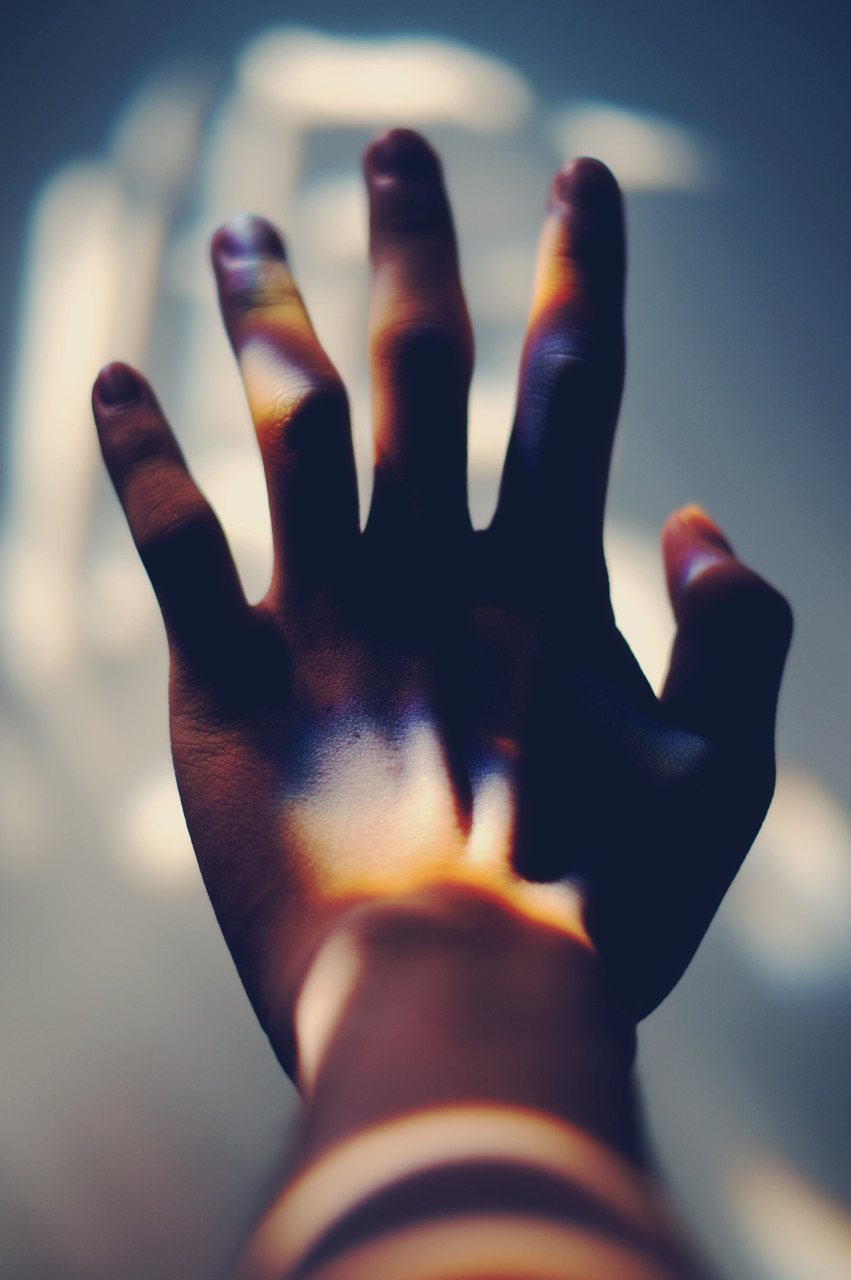I was feeling sad today. I thought maybe all the feelings of gratitude from Thanksgiving left me with a hangover, the way filling yourself with alcohol leaves you dehydrated, and disappointed with the reality you wake up to. But maybe it wasn’t that. One year ago today, I was supposed to meet a friend for coffee. Just as I was about to leave the house, he texted: “I’m sorry to cancel last minute but I’m feeling terrible.” He died that night from a heart attack. He was 39. And I miss him.
Most people close to me, or who follow my posts, know that 2016 brought a series of lessons in loss. It felt like a coming of age film in fast forward. 2017 seems to be continuing the trilogy. What might be an even more painful truth than having a loved one die, is experiencing that life goes on without them. I am still having trouble making sense of the world without the people who made it make sense, if that makes sense. It feels as if it goes against hope, against love, against time itself. When a person is an intimate part of your experience of life, no matter how much or little time you actually spent with them, their absence is not an end to your journey together. Their absence is a blank canvas for you to paint all your longings, regrets, secrets, and wishes. And like any work of art worth a damn, it’s fucking painful to create.
It’s easy to walk through life thinking you will have another chance. In rare cases, we may have that opportunity. In even rarer cases, we may actually take it. But when people around you die, it puts all of those excuses on trial. All the, “Yeah, we should get together sometimes,” and the, “I’m sorry, things have just been so crazys.” I am as guilty as anyone. My phone is a graveyard of good intentions. Text messages lingering awkwardly by the snack table. Looking back, there are so many situations I would do-over in a heartbeat. But it begs the question, for whom?
If the person is no longer here, but I knew I had been kind, or gone out of my way to spend time, what difference would it make? Surely no difference to them, wherever they are, if anywhere at all. So then, is it really about them, or is it about me? Maybe regret is just a way to make sense of the crater our loved ones left behind, and how gravity isn’t the same without them. It’s an alluring idea, that we may have found relief in a parallel universe where we’d called back, or said I love you one last time. But more likely it’s that the pain is all too much. My heart crumbles in the vacuum of their absence, and my regrets eventually dissolve with the realization that it’s supposed to hurt, and the hurt is how much I love them.
This circuitous route to self-acceptance is one I travel often, and I don’t always reach the finish line. Forgiveness can be a wild beast. I have spent days replaying an exchange with my dad, as if through some loophole of modern physics I could change history with my mind. That by rejecting myself, I can somehow even the score.
I may not be able to change history, but I can change how history changes me. Does it make me kinder and more accepting? Or does it make me closed and more judgmental? It’s a fight. Perhaps one of the few worth putting it all on the line for. One of the few where surrendering isn’t defeat.
One thing I can say about my journey so far is that I am definitely more affected. I don’t know if that’s the right word for it. I mean I am more easily moved. The same way someone who has never skied can’t appreciate a bluebird day, someone who hasn’t experienced loss can’t truly understand the space it occupies in your heart. I cry more. I hurt more. I laugh more, at least the real, deep, belly ones. I am more comfortable in the pain, and I roll up my sleeves instead of running away. I’ve lost the innocence that accompanies endless summers and bottomless sodas. I know now that everything comes to an end, and too much of anything is probably bad for you. With one exception: the ability to love and have compassion for this curious journey called being human.



